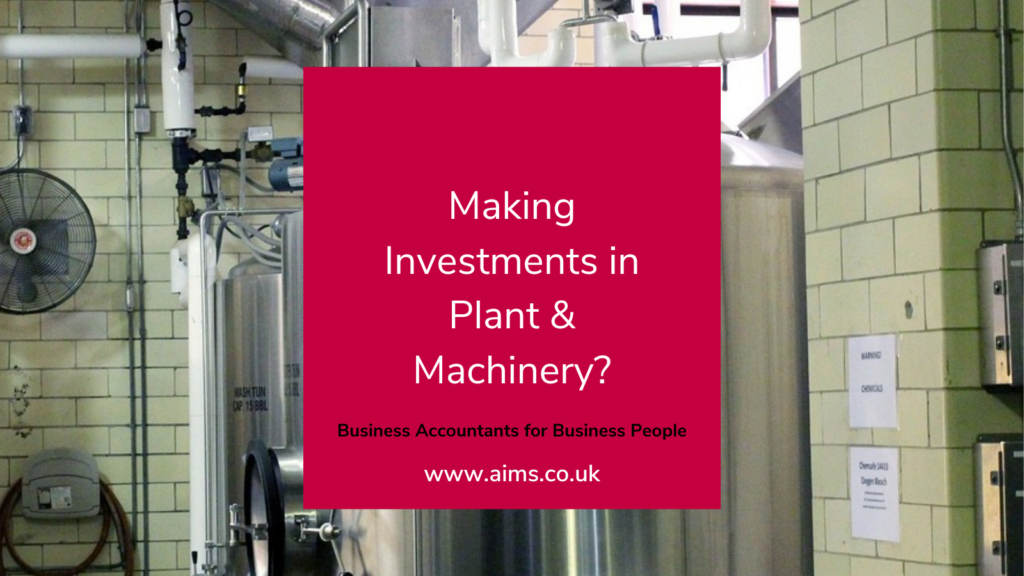
| Wondering what full expensing is and how it might affect you?
If you’re an Incorporated business, chances are that you noticed the move from ‘super deduction tax relief’ to ‘three year full expensing’ introduced in the Spring Budget. With effect from April 1st 2023, businesses can write off the full cost of qualifying plant and machinery investment in the year they invest in that.
The costs can be deducted in full from taxable profits, making this a very attractive way to manage tax liabilities while investing in your business -although note that it needs to be NEW and UNUSED to qualify.
Full expensing is seen as a way of compensating for the corporation tax rise from 19% to 25%, although it’s currently only going to be in place for the next few years. Although this may encourage short-term investment, it is hoped that there will be more take-up than there was for the previous super deduction scheme.
The new scheme has come in alongside two other capital allowances:
1. 50% first-year allowance for expenditure by companies on new special rate assets until March 31 2026
2. 100% first year relief for plant and machinery investments up to £1m available to all businesses whether incorporated or not. The Government is trying to encourage investment and productivity through improving incentives such as full expensing. Although the UK’s corporation tax has risen, it’s still perceived as highly competitive in the EU.
Most tangible capital assets, other than land, structures and buildings, used in the course of a business are considered plant and machinery for the purposes of claiming capital allowances. Plant and machinery that may qualify for full expensing includes (but is not limited to):
Our team of AIMS accountants are based around the UK and are also SMEs just like you. To talk to us, find your nearest accountant here: https://www.aims.co.uk/find-your-local-aims-accountant/
|